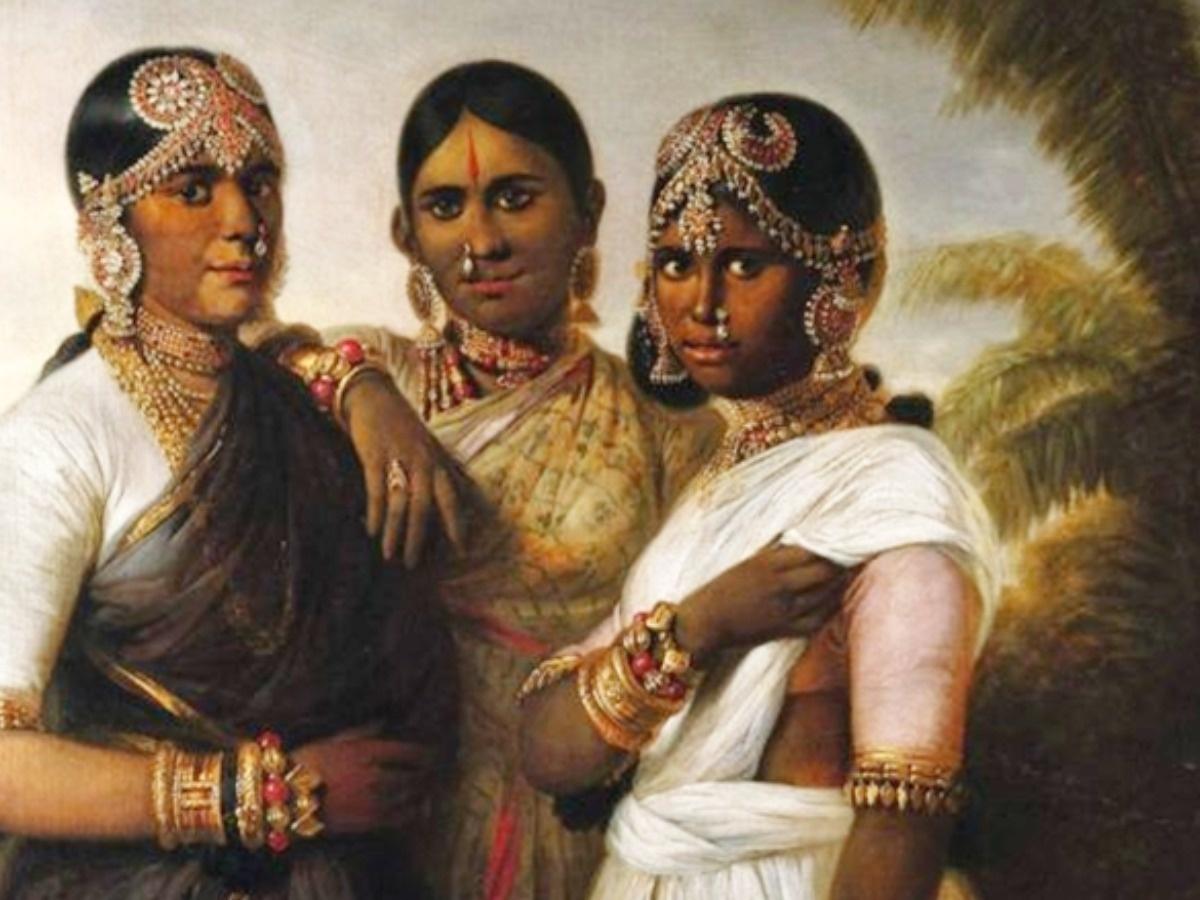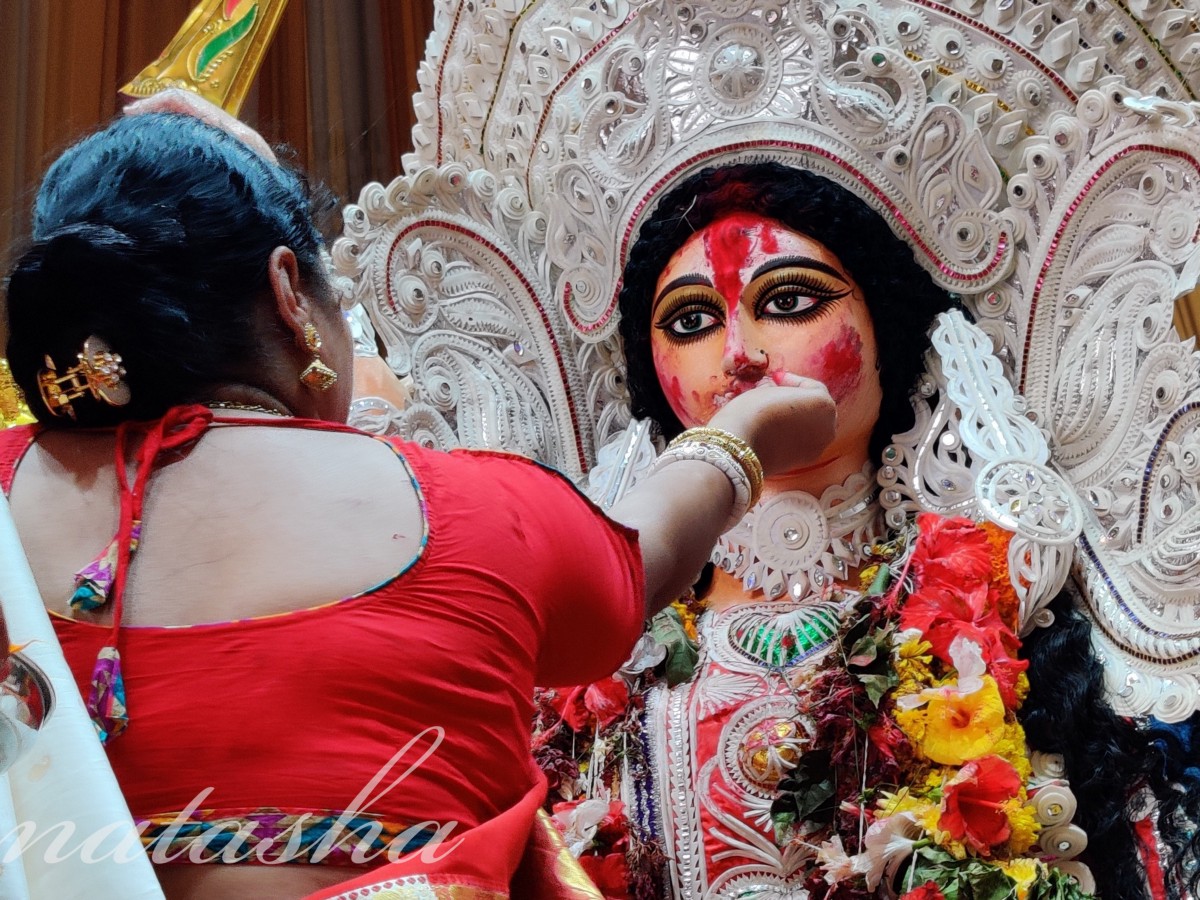
We all now know that the Epidemic Act was enacted in 1896 to deal with the Plague Epidemic. What is less known is that in 1897, Dr. Haffkine who had come to India to conduct trials for the cholera vaccine, developed the plague vaccine in his 2 room laboratory in Parel, Bombay.
++
++
Both plague and cholera vaccines were being manufactured in India in the first decade of the 20th century.
Numerous research facilities were set up in the first half of the 20th century, and a facility to manufacture BCG was set up in the country as early as 1948.
++
Numerous research facilities were set up in the first half of the 20th century, and a facility to manufacture BCG was set up in the country as early as 1948.
++
Zydus Cadila was the first indigenous compnay to set up manufacturing facilities for drugs and vaccines, following which many others came up.
Serum Institute set up facilities for the development and manufacture of vaccines 1966.
++
Serum Institute set up facilities for the development and manufacture of vaccines 1966.
++
Genome Valley was developed in the then Andhra Pradesh in the mid 1990s, and attracted many, including Bharat Biotech.
India has been largely ‘atmanirbhar’ when it comes to vaccines for close to a century.
++
India has been largely ‘atmanirbhar’ when it comes to vaccines for close to a century.
++
Our biggest successes have, however been in immunisation of our huge population.
Small pox was finally eradicated in India in 1975- long before the rest of the world.
India's experience with OPV is the stuff of case studies in public medicine.
++
Small pox was finally eradicated in India in 1975- long before the rest of the world.
India's experience with OPV is the stuff of case studies in public medicine.
++
If we want to take pride in anything, it is our many historical successes that is what we should be proud of. Not just in the fact that we are a part of the supply chain of a global corporate.
Incidentally, the first recorded "celebrity endorsement" for a vaccine program was when Queen Devajammani, the second wife of the Mysore Maharaja got herself vaccinated with “minimum loss of dignity” in 1805. This portrait by Thomas Hickey inspired more people to get vaccinated. 

If we want to feel proud of our history of vaccine development, manufacturing and immuisations, we have enough reasons to.
link.medium.com/9KHcSPEqpeb
link.medium.com/9KHcSPEqpeb
• • •
Missing some Tweet in this thread? You can try to
force a refresh



